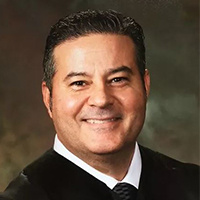Ardmore Landlord-Tenant Lawyer, Tennessee
Not enough matches for Ardmore Landlord-Tenant lawyer.
Below are all Ardmore Real Estate lawyers.
Christian Yale Cahill
✓ VERIFIEDAccident & Injury, Estate Planning, Business, Estate, Real Estate
Christian Yale Cahill is the founder of Cahill & Dunn CHB, Inc, and The Law Firm of Christian Yale Cahill, PLLC. Mr. Cahill is an international ... (more)
Charles William Holt
Construction, Litigation, Wills & Probate, Wrongful Termination, Motor Vehicle
Status: In Good Standing
Charles Holt
Litigation, Construction, Family Law, Wills & Probate
Status: In Good Standing Licensed: 48 Years
Leann Parey
Tax, Trusts, Commercial Real Estate, Estate Planning
Status: In Good Standing Licensed: 14 Years
Kori Aaren Bledsoe
Estate Planning, Construction, Litigation, Education
Status: In Good Standing Licensed: 13 Years
Kori Bledsoe
Estate Planning, Construction, Litigation, Education
Status: In Good Standing Licensed: 13 Years
Patrick Carter
Federal Appellate Practice, Construction, Corporate, Elder Law
Status: In Good Standing Licensed: 25 Years


